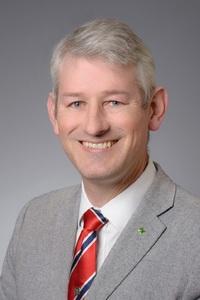Washington Post Article on Driverless Vehicles
Washington Post Article on Driverless Vehicles
See the Washington Post article featuring Raj Ragunathan's work on Autonomous Transportation Systems.
An autonomous car takes a capital test run.
Driverless cars are coming. And those of us who drive in Washington know that the city offers its own particular version of driver hell. What we don’t know is what will happen when the autocar finds itself in that hell. So we set out on a summer afternoon to see how a driverless car could do on the streets of the nation’s capital.






